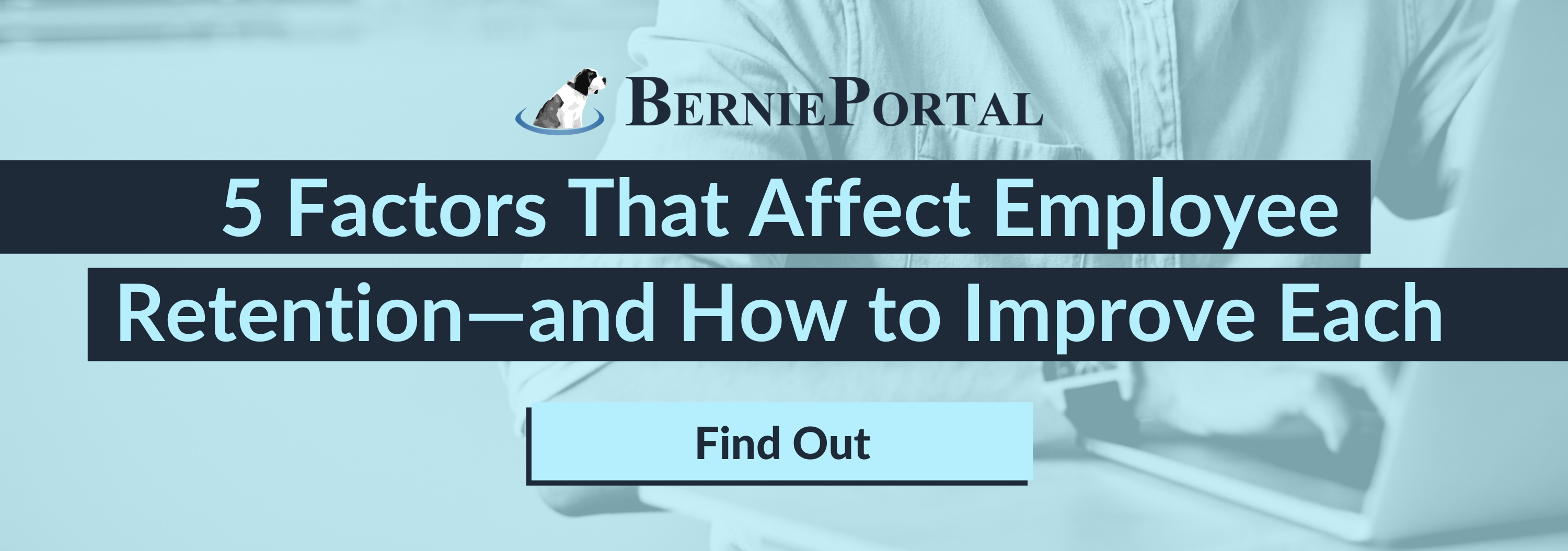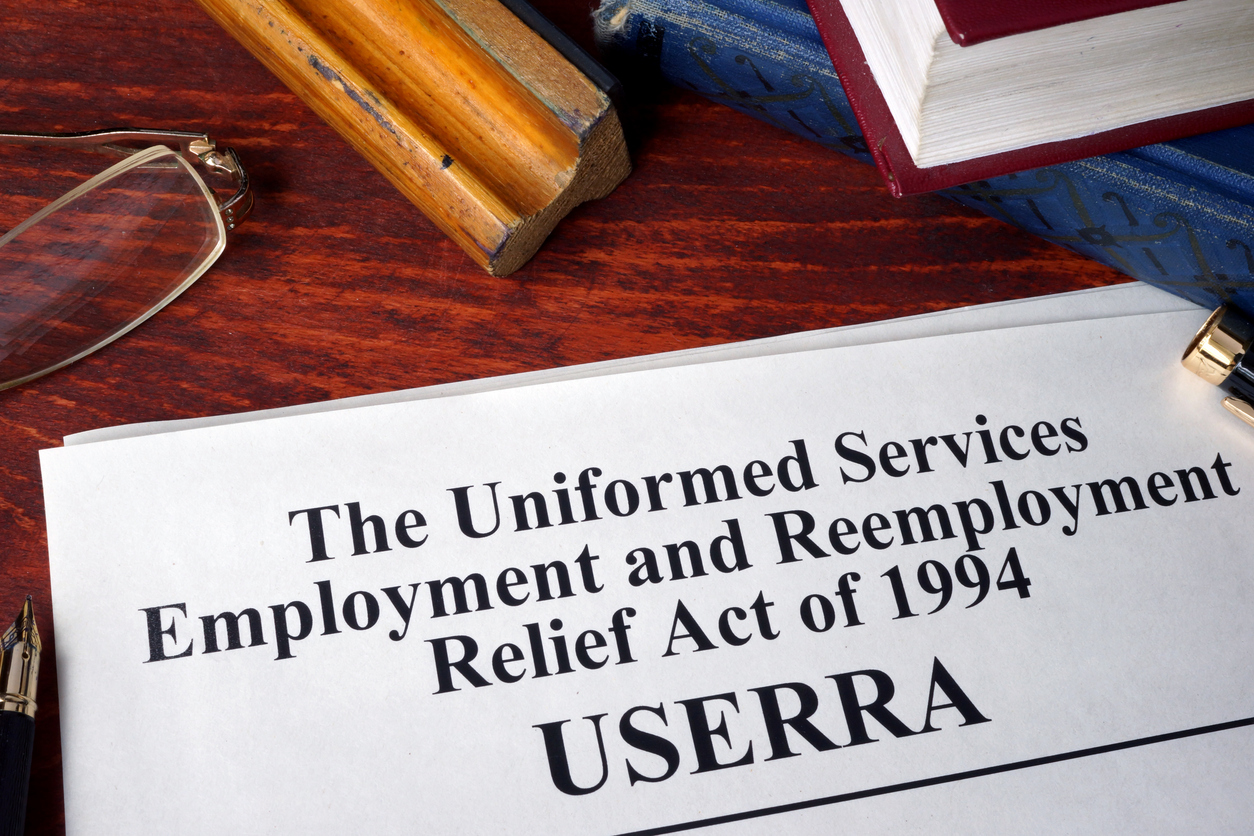
Written by
Lauren Brown
Lauren is an aPHR®-certified member of the Marketing team at Bernard Health. She writes about healthcare insights, employment law, and HR solutions.
What Should Employers Know About COVID Long-Haulers and the ADA?

Some individuals are still experiencing post-COVID symptoms long after recovering from the virus, widely referred to as “long-haul COVID.” While there’s still much more to learn about this condition, employers should be informed about it and how it interacts with the Americans with Disabilities Act (ADA) and people with disabilities.
What is long-haul COVID, and what do employers need to know about ADA protections for long-haulers?
What is Long-Haul COVID?
According to the Centers for Disease Control (CDC), “Post-COVID conditions are a wide range of new, returning, or ongoing health problems people can experience four or more weeks after first being infected with the virus that causes COVID-19.” These health problems are referred to as long COVID, long-haul COVID, or chronic COVID.
While health experts are still working to better understand the long aftereffects of COVID-19, there are a number of symptoms that have been reported. These conditions—which can last for months after infection—include fatigue, shortness of breath, brain fog, dizziness, depression, anxiety, heart palpitations, changes in smell or taste, and other conditions.
Likewise, the CDC noted that people suffering from long-haul COVID might experience “multi-organ effects” and/or autoimmune conditions. These include lung damage, heart damage, kidney damage, neurological damage, mental health conditions, and more.
Reminder: What is the ADA?
The Americans with Disabilities Act (ADA) is a law governed by the Equal Employment Opportunity Commission (EEOC) that protects individuals with disabilities from discrimination in public places, transportation, jobs, schools, and businesses open to the public. The legislation became law in 1990 and is organized into five sections, called titles, as it relates to different areas:
- Title I: Employment
- Title II: State and Local Government
- Title III: Public Accommodations
- Title IV: Telecommunications
- Title V: Miscellaneous Provisions
The ADA defines a disability as “a physical or mental impairment that substantially limits one or more major life activities, a record of such an impairment, or being regarded as having such an impairment.”
Is Long-Haul COVID Considered a Disability?
Yes, long-haul COVID can be considered a disability if it substantially limits one or more major life activities.
In joint guidance from the Department of Health and Human Services (HHS) and the Department of Justice (DOJ), “A person with long COVID has a disability if the person’s condition or any of its symptoms is a ‘physical or mental’ impairment that ‘substantially limits’ one or more major life activities.”
However, not every case of long-haul COVID will qualify as a disability under ADA. According to the DOJ and HHS joint guidance, “An individualized assessment is necessary to determine whether a person’s long COVID condition or any of its symptoms substantially limits a major life activity.”
The DOJ and HHS also provided the following examples that illustrate how long-haul COVID could be classified as a disability for a qualified individual:
- A person with long COVID who has lung damage that results in trouble breathing, fatigue, and related long-term effects is substantially limited in respiratory function, among other major life activities.
- A person with long COVID who has symptoms of stomach pain and nausea that have lingered for months is substantially limited in gastrointestinal function, among other major life activities.
- A person with long COVID who experiences memory lapses and “brain fog” is substantially limited in brain function, concentrating, and/or thinking.
What Should Employers Know?
It’s important for employers to keep in mind that employees whose long-haul COVID is classified as a disability are protected by the same measures under ADA as other employees with disabilities.
Therefore, employers must make reasonable accommodations for employees whose long-COVID qualifies as a disability, unless the accommodation presents an undue hardship to the work environment. Additionally, SHRM notes that employers aren’t required to remove essential job functions or implement lower production standards.
So how can employers help employees who are dealing with long-haul COVID? According to SHRM, many employers need to make sure their leave and short-term disability plans address their employees’ needs as an accommodation for employees who have long-haul COVID.
Additionally, communication and compliance each play a vital role. Employers should regularly check in with employees who are affected by long-haul COVID to make sure their needs are met and ADA employment laws are followed.

Written by
Lauren Brown
Lauren is an aPHR®-certified member of the Marketing team at Bernard Health. She writes about healthcare insights, employment law, and HR solutions.
Related Posts
On April 15, 2024, the U.S. Equal Employment Opportunity Commission (EEOC) issued a final...
In 2023, LeRoy Torres, an army reservist and Texas state trooper, was awarded $2.49...
The Office of Federal Contract Compliance Programs (OFCCP) defines Affirmative Action as...
Imagine how difficult and frustrating it would be if you didn’t get paid for a day, a...







Submit a Comment